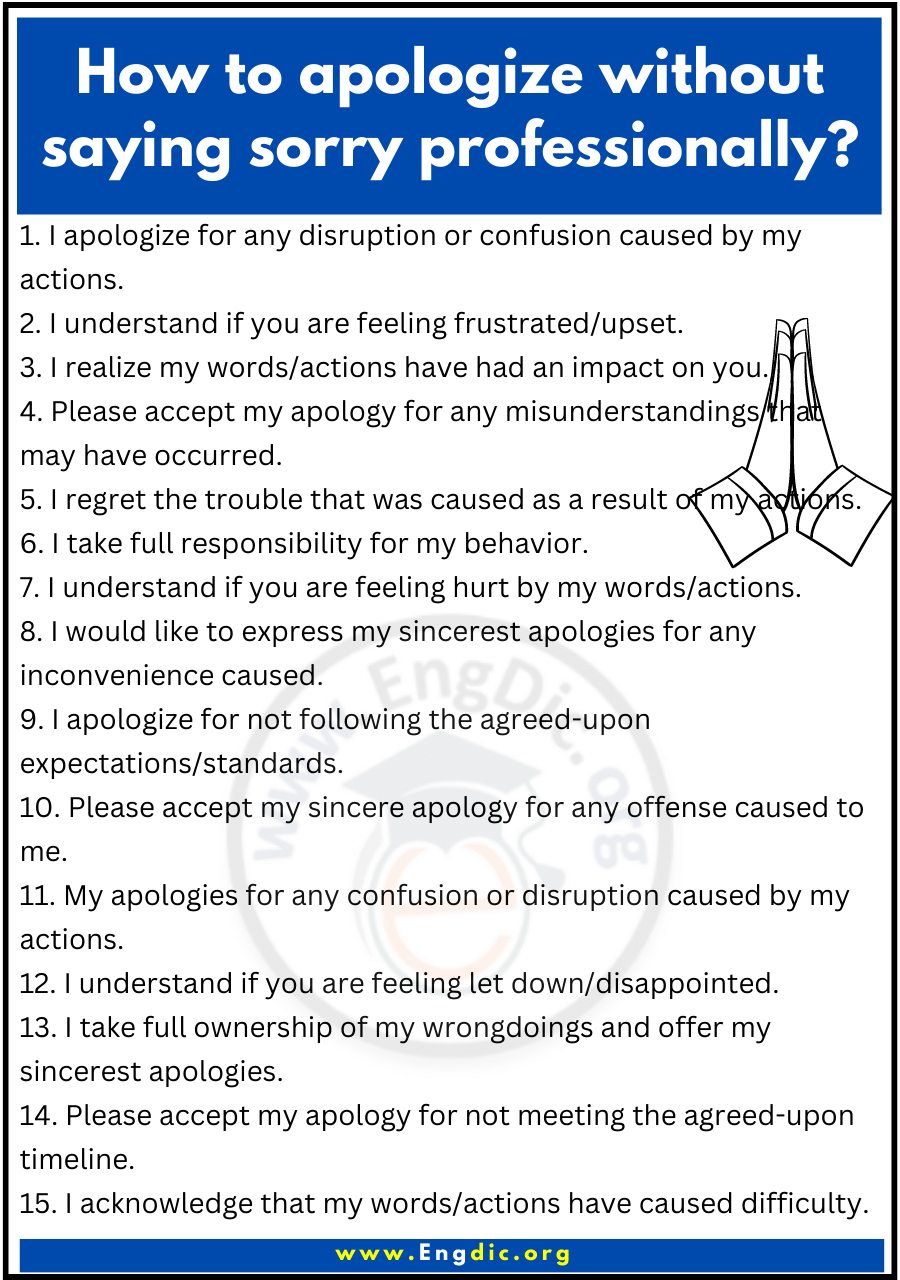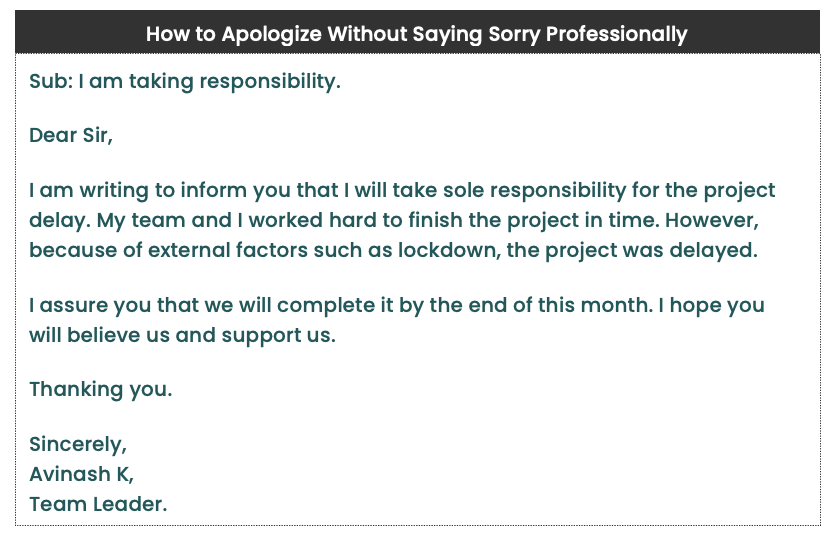How To Say Sorry Without Saying Sorry

Corporate apologies are broken. Companies increasingly face public scrutiny for insincere attempts at reconciliation following missteps.
The rise of the "non-apology apology" – statements that express regret without admitting fault – highlights a growing crisis in corporate communication. It's a calculated maneuver aimed at damage control rather than genuine remorse, often leaving stakeholders feeling manipulated and further alienated.
Decoding the Non-Apology: What Does It Really Mean?
Experts like Dr. Jennifer Thomas, author of "The Five Languages of Apology," argue that these linguistic loopholes prioritize legal protection over ethical responsibility.
A true apology, according to Thomas' research, includes expressing regret, accepting responsibility, offering restitution, genuinely repenting, and requesting forgiveness. Non-apologies deliberately omit key elements.
Consider the phrase, "We regret if anyone was offended." This statement avoids acknowledging wrongdoing. It shifts the blame onto the offended party.
Common Non-Apology Tactics
Passive voice: "Mistakes were made." By avoiding specifying who made the mistakes, accountability vanishes.
Conditional remorse: "We're sorry *if* our actions caused harm." The apology is contingent on a hypothetical outcome.
Justifying actions: "We were acting in the best interests of..." Providing excuses undermines the sincerity of any apology.
Focusing on intentions: "We didn't intend to..." Good intentions don't negate the impact of harmful actions.
According to a 2023 study by the Pew Research Center, 78% of Americans believe that corporations are more concerned with profit than with ethical behavior.
The Impact: Eroding Trust and Brand Loyalty
These insincere apologies damage trust. Consumers are increasingly savvy and can detect insincerity.
A 2022 survey by Edelman found that 63% of consumers would boycott a brand they perceived as engaging in unethical behavior, even after an apology.
Brand loyalty suffers when companies prioritize legal protection over rebuilding relationships. A crisis can actually become a good opportunity for real connection, only if it's based on honesty.
Examples in Action
Recently, TechGiant Inc. faced criticism for its data privacy practices.
Their initial response was, "We understand the concerns raised and are reviewing our policies." This statement acknowledged the issue. But it avoided taking responsibility or committing to concrete changes.
Airlines often employ non-apologies following flight delays. "We apologize for any inconvenience this may have caused" is a common phrase. It's seen as dismissive rather than empathetic.
"The lack of genuine remorse is deafening," says Dr. Anya Sharma, a professor of crisis communication at Stanford University.
Moving Beyond Empty Words: Strategies for Genuine Reconciliation
Transparency is key. Companies must acknowledge their mistakes directly and specifically.
Taking concrete action is crucial. It includes offering restitution, changing policies, and implementing training programs.
Engaging with stakeholders is important. Listen to their concerns. Incorporate their feedback into solutions.
Expressing sincere remorse is vital. Show genuine empathy for those affected. Avoid defensive language. It is very simple, but it can prove useful.
Rebuilding trust requires long-term commitment. It's not a one-time event. It requires consistent ethical behavior.
The Road Ahead: Demanding Accountability
Consumers are increasingly demanding accountability from corporations. Social media amplifies their voices. Brands need to listen or face consequences.
Regulatory bodies are also scrutinizing corporate apologies. They are looking for evidence of deception or misleading statements. It is likely to be seen more in the future.
The future of corporate communication lies in authenticity. Companies must prioritize ethical responsibility. It is above all else.


















